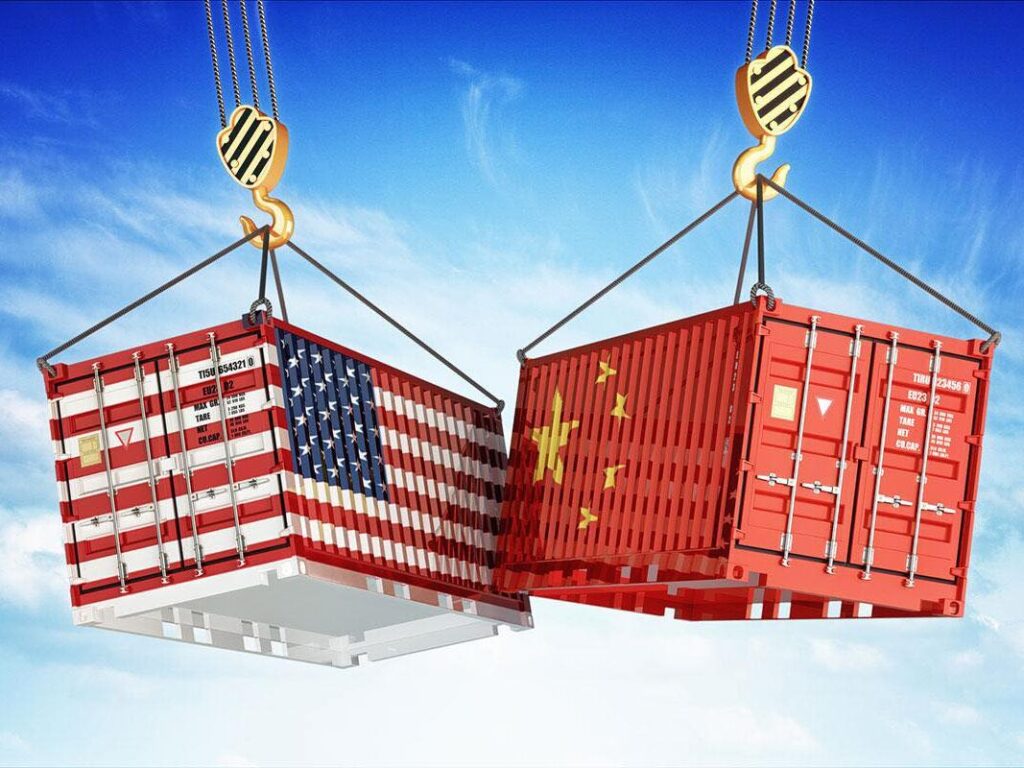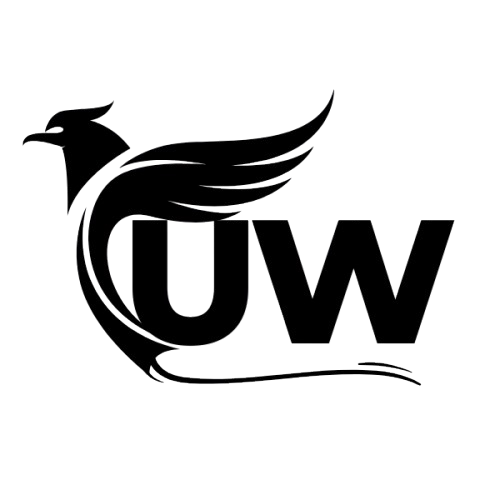
China has announced a major increase in tariffs on a wide range of U.S. imports, raising the rate to 125%. The move follows recent tariff hikes by the United States and marks a significant escalation in the trade dispute between the world’s two largest economies.
According to Chinese officials, the increase is a countermeasure against what they describe as “unilateral and protectionist” actions taken by the U.S. government. While the exact list of affected products has not been fully disclosed, sectors such as automobiles, electronics, and agricultural goods are expected to be hit hardest.
Despite the dramatic rise, China has indicated it does not plan further tariff increases, suggesting that 125% may be the ceiling for now. “We do not seek escalation, but we will defend our national interests,” a spokesperson for the Ministry of Commerce said in a statement.
U.S.-based companies, especially exporters like Tesla and major tech firms, are already feeling the impact. There are reports of halted shipments and growing uncertainty among investors. Global markets have responded with volatility—gold prices surged, and stock indexes dipped as the news broke.
The Chinese government is also exploring other strategies to lessen the impact of the trade war, including boosting local industry support and strengthening ties with other trading partners, such as countries in Asia and the European Union.
Both sides have left the door open for negotiation, but so far, no new talks have been confirmed. Analysts warn that if the situation continues without resolution, it could have lasting effects on global trade and economic growth.


























